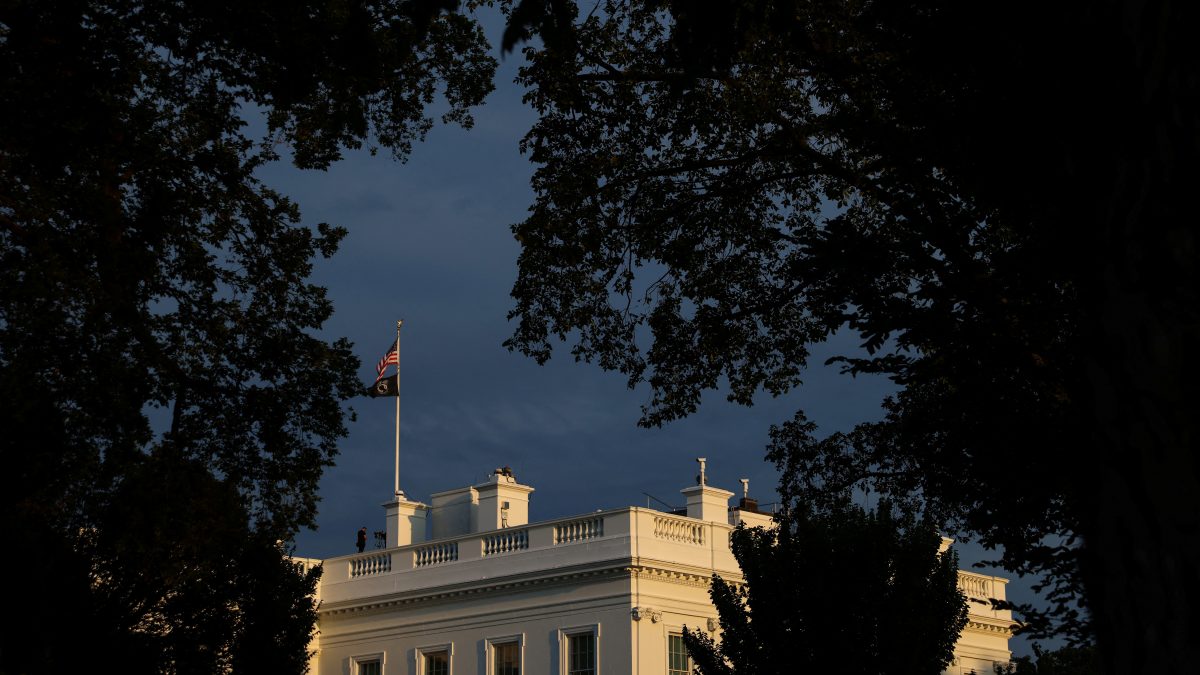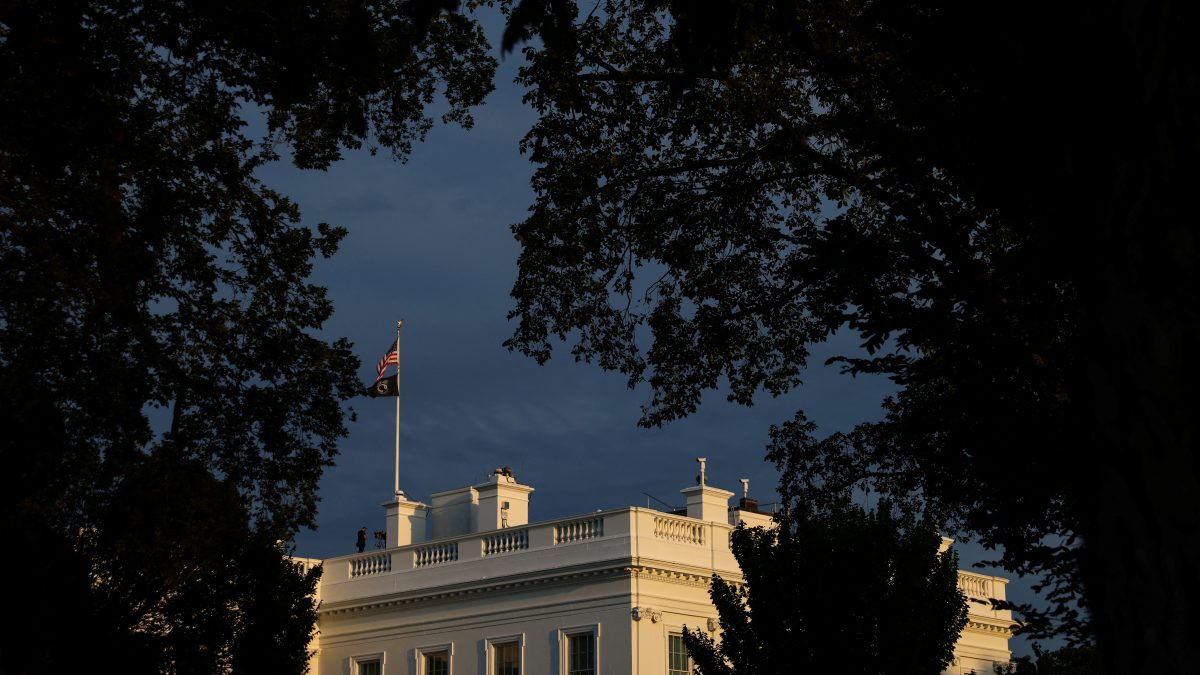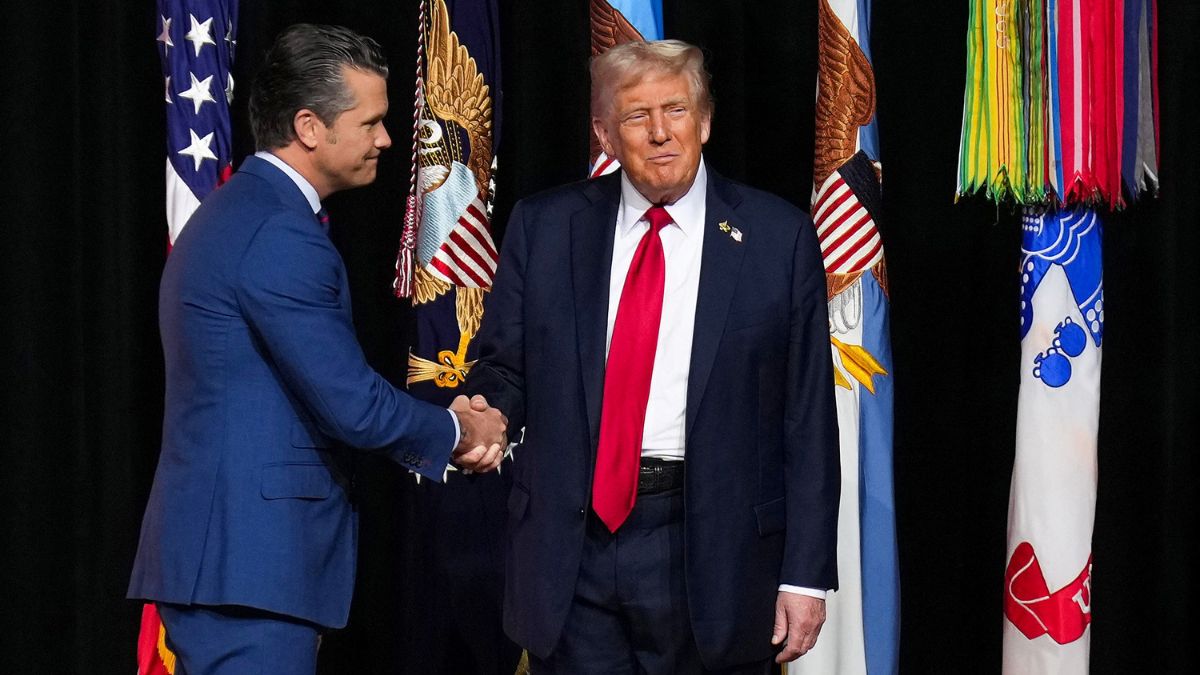Actor Priyanka Bose talks about her films Jugnuma and Agra with Firstpost and why we need to make more layered roles for women and break the stereotype and why vulnerability needs to be celebrated. She believes that the craft of storytelling needs to get better with more layers.
Agra is an exploration of sexual dynamics within a family, and the deep dystopian fractures created in a modern India fast shrinking into pigeon-holed spaces. Agra was shown at the Cannes Film Festival 2023. It will be release soon in India on 14th November 2025.
Edited excerpts from the interview:
I have seen both _Jugnuma_ and Agra. In one film, you play a sophisticated woman and again a rustic in the other. How did you manage the switch? What were the timelines for both the films?
We shot Agra in 2019, just before the pandemic happened. We shot Jugmuma much later. This was around 2021. The genres of both the films were very different. In Agra, I play a very sophisticated and working woman. She doesn’t lack agency in any way. The sophistication comes from the management of the graph of the role. There is no distinction because I have played both the parts of India.
The roots are so severely deep, you cannot say that this is One India and the other one is another India. As an actor, to be able to gain that trust that I can do this, is something that I have always wanted. It also comes at a time when I am more confident about my skill set. It is important to be smart enough about choosing the right scripts.
You have been a part of the entertainment industry for a very long time. But it’s only now that you are getting meaty roles. What do you have to say about that?
I don’t carry my role back home. I have a full life and I want to be a conscious, breathing person. I feel my approach will now be different. My first approach is very practical. You have to get practical. Read the lines of my script and get them right. When you get them right, the physicality and emotions are bound to come. I cannot predict when I will cry or many other things. If I want to get energy in a particular scene, I just scream into my pillow and walk in. Making these decisions has now become smoother. When you give me the right script, you know that it will be done well. That’s what I’m going for.
When you got into the skin of this girl, who falls in love with a guy who is mentally unstable, how did you manage to get yourself into the role?
I basically understood the graph of the character. Initially, I played her like a loner because she’s already married twice before. She’s also somebody who needs to protect herself. There is some issue with her leg, which also makes her vulnerable. Once she’s vulnerable, this guy comes into the picture. They both gain something from each other. I have known people who have been in marriages for their own convenience. I had an aunty who had an interesting limp and I used to copy her during my childhood. All these things came into the scene that I played in Agra.
Jugnuma comes from an India I grew up in, the cantonment area, which came from my mother’s side of the family. And then Agra came from my father’s side of the family. There are these two totally diverse sides of India that are inside me. Both of them are culturally palpable.
Cinema is also changing. What do you have to say about that?
We live in a very ‘consumeristic’ time in our lives. A lot of actors like me have work. Both my films took years to come out. Thanks to the wheel of time, I really had a good experience for someone like me to do fantasy. I have always imagined myself in fantasy. A lot of things could be done with more finesse, but a lot of things are really cool out there. It makes me very hopeful.
We are seeing more vulnerable and layered characters in women’s characters depicted in cinema. What is your view on women’s roles in cinema changing in India?
I like it and I am totally up for it. I see vulnerability as a strength. Vulnerability should be celebrated in different quarters and I feel we need to put it out there in our storytelling. The craft of storytelling needs to get better with more layers. We are getting there and India has so much talent. If we had the resources, Agra would have been released a long time ago. It would have garnered more attention. It’s now time that the producer has to trust the voice of the director. And I feel it’s possible.


)
)
)
)
)
)
)
)
)



